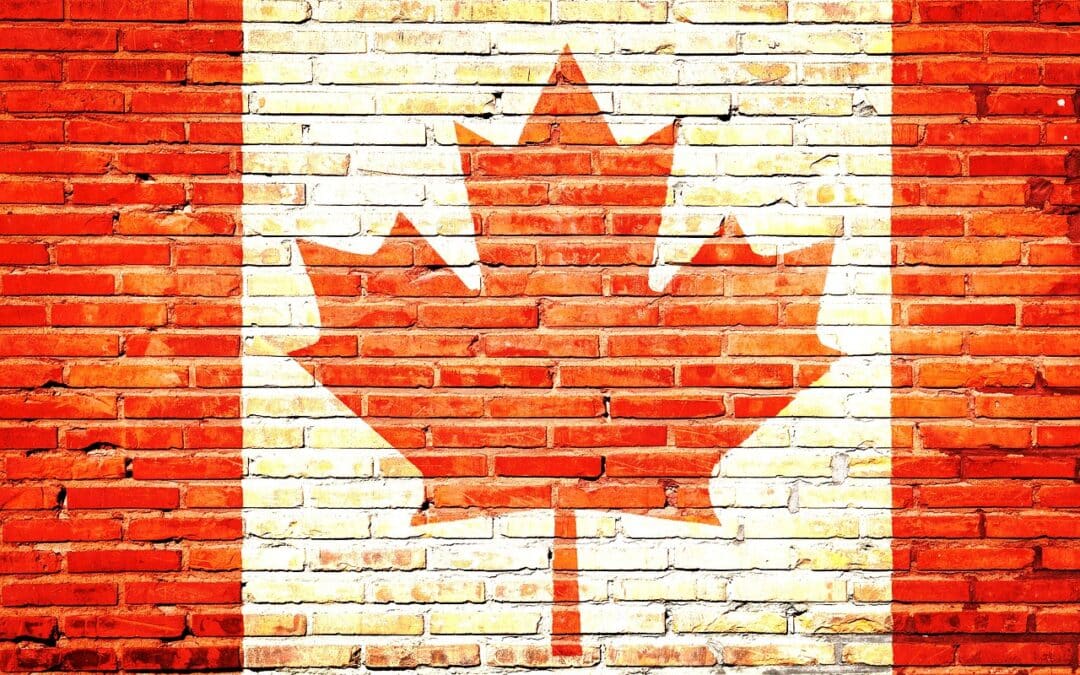The Bank of Canada is warning that homeowners and renters continue to struggle in adapting to the nation’s new normal of higher interest rates.
According to Financial Post coverage, Bank of Canada Governor Tiff Macklen acknowledged the adjustment to higher interest rates “continues to present risks to financial stability” while Senior Deputy Governor Carolyn Rogers stated Canadian households are financially stressed in the current economic environment.
“After hitting historical lows during the pandemic, the share of households without a mortgage that are behind on credit card and auto loan payments has come back up to — or surpassed — typical levels,” she said. “And over the past year, the share of borrowers without a mortgage who carry a credit card balance of at least 80% of their credit limit has continued to climb.”
The Bank of Canada issued a report noting that half of all outstanding mortgages have been burdened with greater payments since the central bank started increasing interest rates in March 2022, while the other half of outstanding mortgages will carry larger payments as they renew over the next two-and-a-half years – more than 20% for the 2025 renewal and more than 30% in 2026.
“Over the coming years, more borrowers will face pressure as they refinance existing mortgages at higher rates,” the report said. “Higher debt-servicing costs reduce a household’s financial flexibility, making them more financially vulnerable if their income declines or they face an unexpected material expense.”
Other issues cited by the Bank of Canada include “stretched” valuations of some financial assets and risks due to the exposure to commercial real estate – particularly in the office sector, where the vacancy rate is around 20%.














